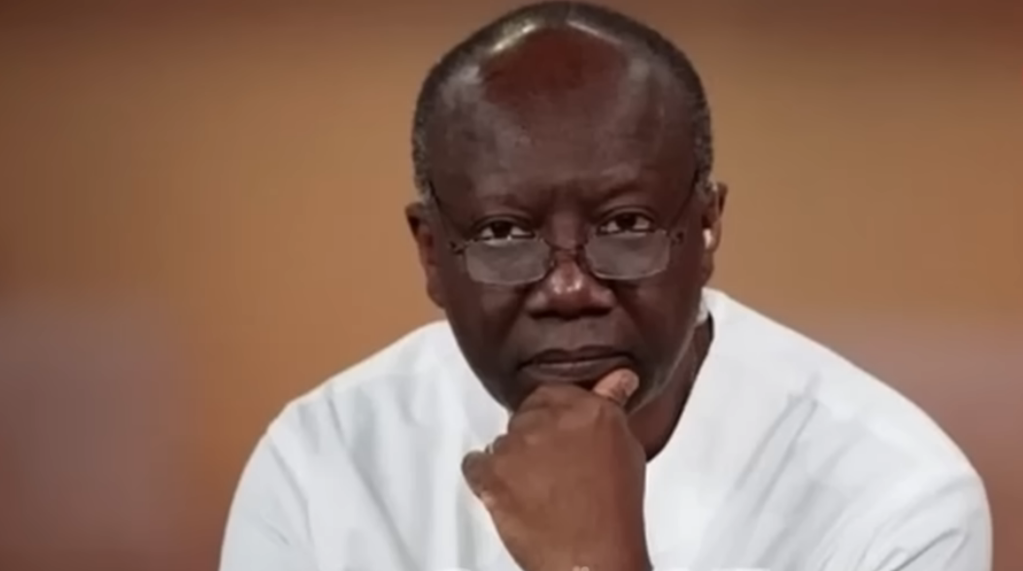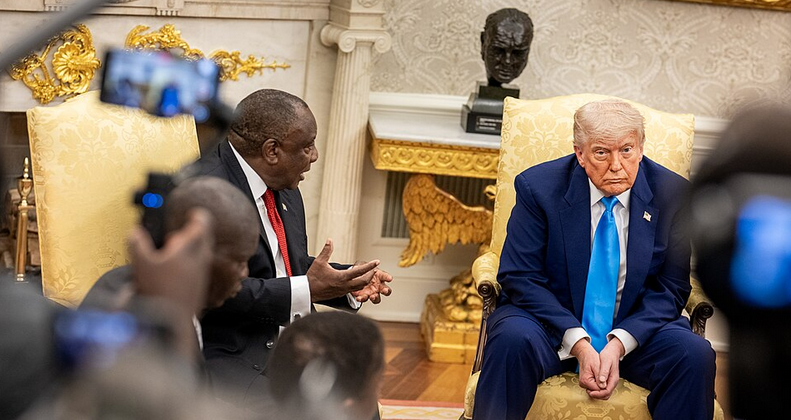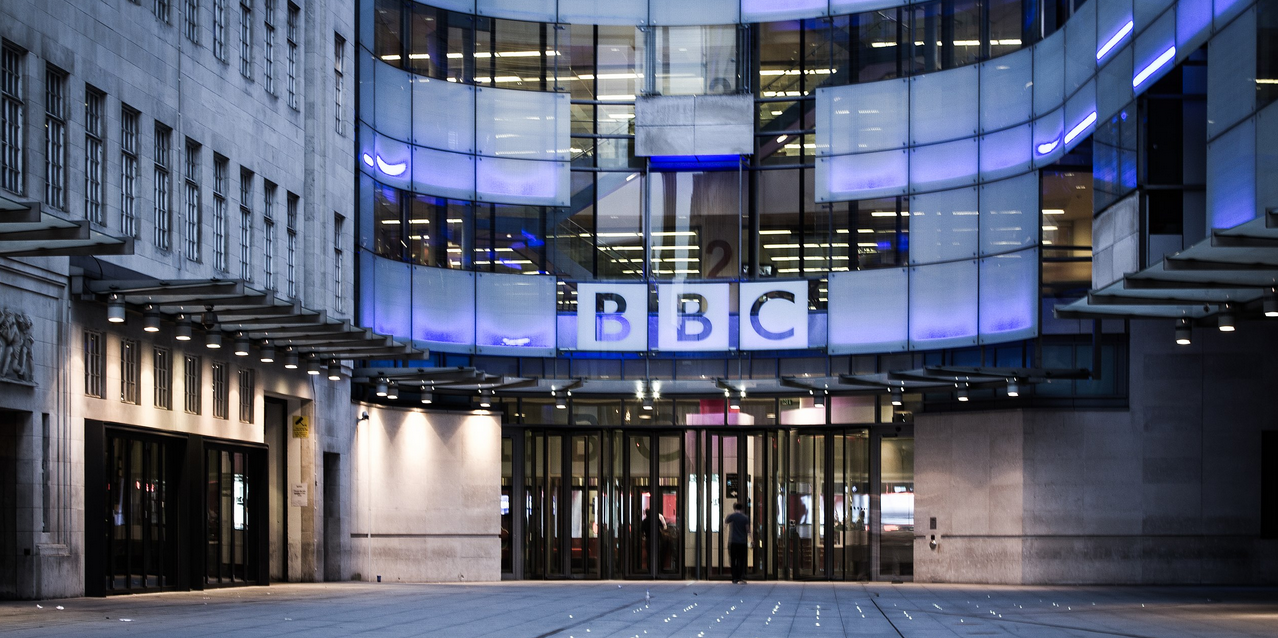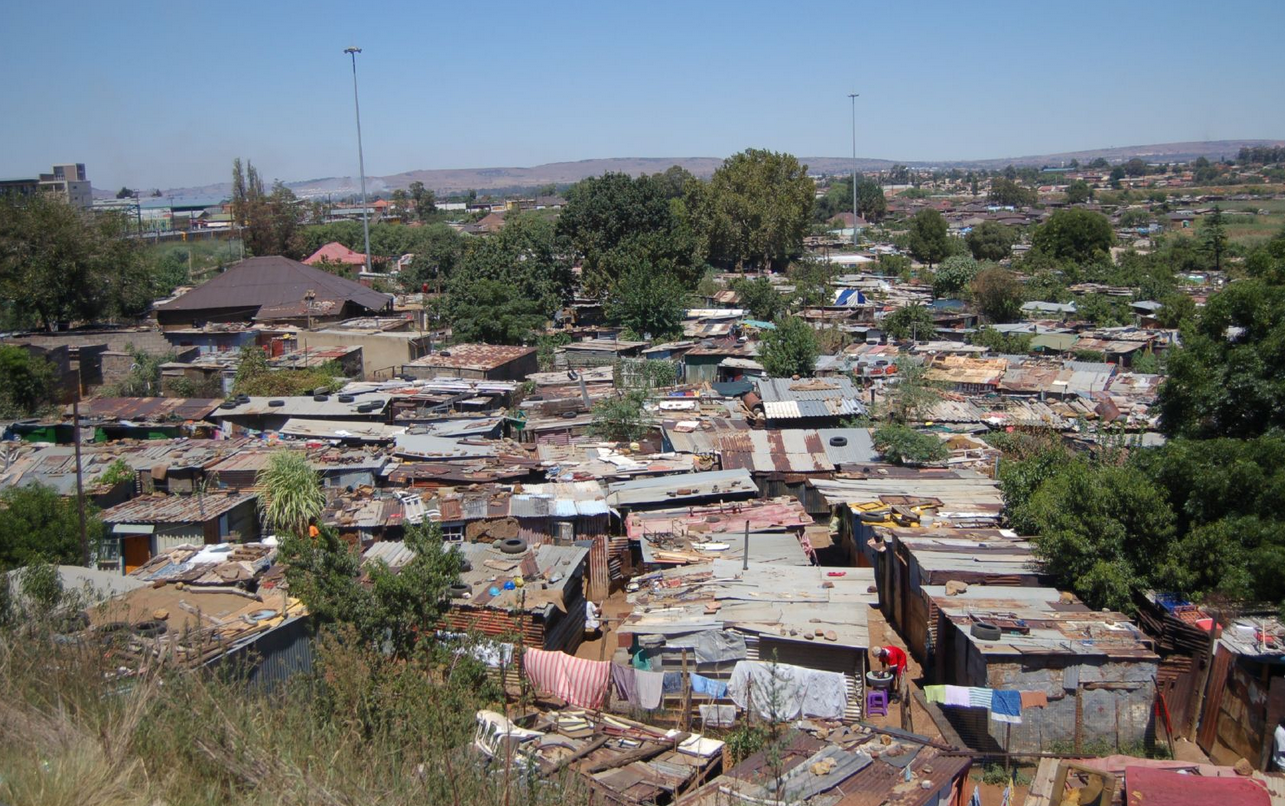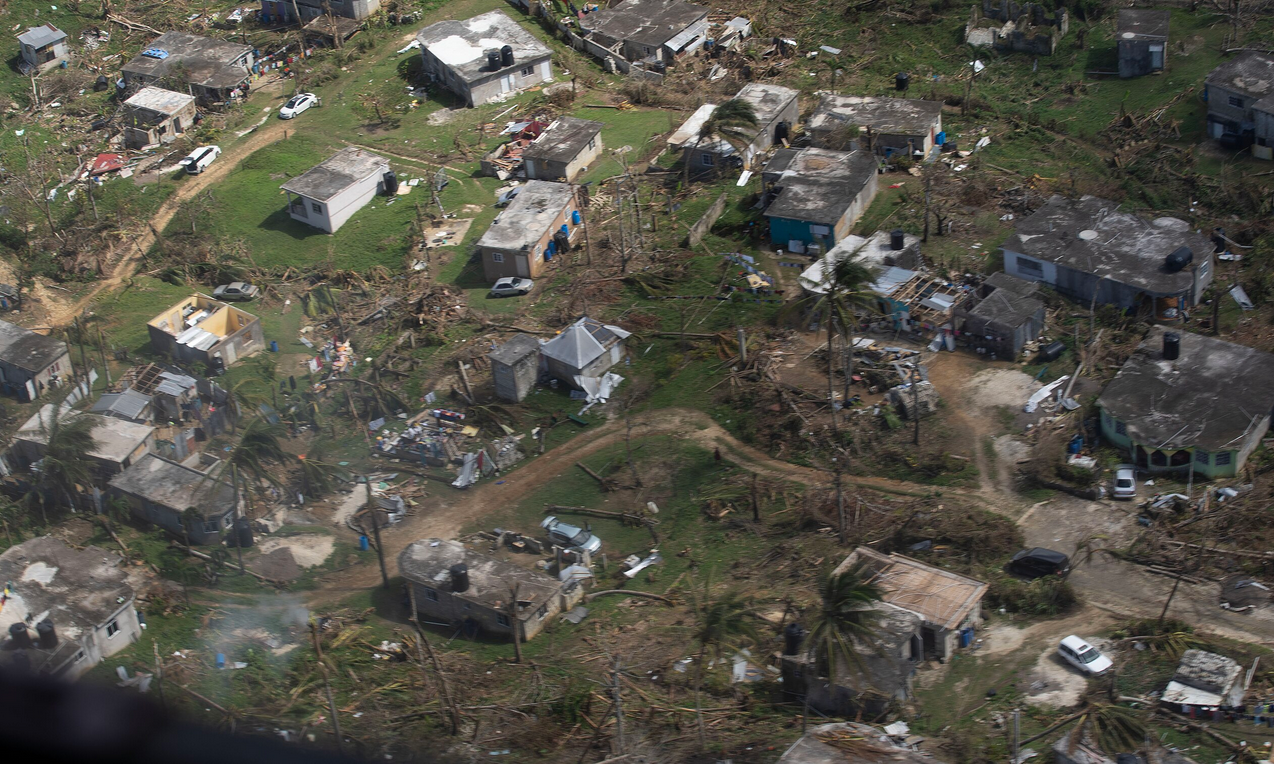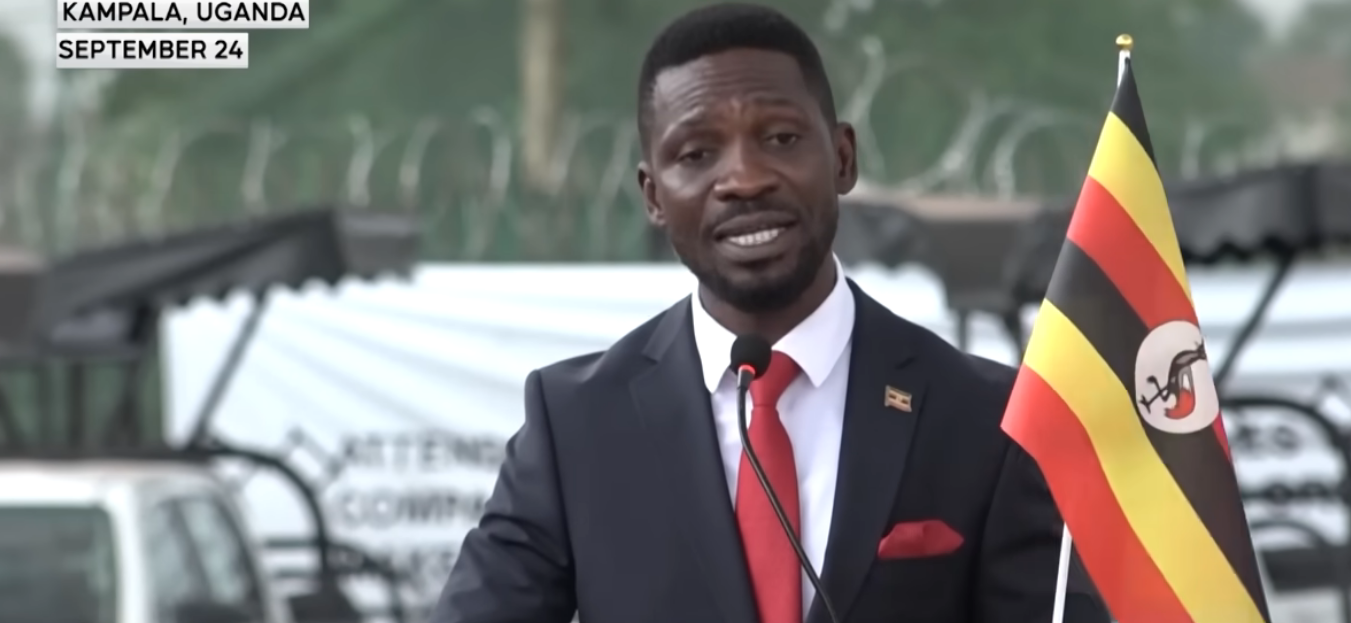Lusaka, May 6, 2024 — The Committee to Protect Journalists on Monday expressed alarm that South Africa’s spy agency wants to subject Moshoeshoe Monare, the editor-in-chief of the South African Broadcasting Corporation (SABC), to additional security vetting and an invasive lie-detector test ahead of the country’s crucial May 29 general election.

A senior official at the State Security Agency (SSA) telephoned Monare, who is also the public broadcaster’s Group Executive of News and Current Affairs, on April 18 and said he had to undergo top-level security vetting, including a polygraph test, according to an SABC TV interview with Monare on April 29, a City Press news report, and a joint statement by local media freedom organizations condemning the request as intimidatory and a threat to press freedom.
The SSA’s vetting request, made on behalf of the SABC, followed a leaked audio recording, reviewed by CPJ, of President Cyril Ramaphosa telling the African National Congress’ election committee on April 11 that local media had “no right to be negative” towards the governing party and that its election campaign messages must dominate television and radio.
“The SABC’s top management and board must guard the broadcaster’s hard-won editorial independence and avoid complicity in any attempt to make it the mouthpiece of the governing African National Congress,” said Angela Quintal, head of CPJ’s Africa program in New York.
“It reeks of convenience that just a week after President Cyril Ramaphosa aired grievances about media coverage of the ANC, the State Security Agency under his control suddenly aims to subject SABC top editor Moshoeshoe Monare to the same security clearance as spy chiefs, including evaluating loyalty to the State. Authorities must back off.”
An April Ipsos opinion poll estimated support for the ANC in the upcoming election to be about 40% — a steep drop from the 57.5% of votes the party won in 2019 and a reflection of increasing discontent over poverty, unemployment, and corruption under ANC rule. The party has been in office since its landslide win in the historic 1994 election that ended white minority rule and brought Nelson Mandela to the presidency.
Monare said in the SABC interview that he was vetted in 2020 for the post and answered questions as per his employment contract, which did not specify a polygraph. He said he found it strange that almost two years later, a mere month before the election, an intelligence agent suddenly informed him that he had to undergo a polygraph test.
A polygraph test is one of the government’s requirements for issuing Top Secret-level security clearance to senior intelligence leaders, including evaluating whether the person is “loyal to the State,” according to a 2020 statement to Parliament by the then-minister of state security.

Monare said he had no objection to vetting, but wanted the SSA to explain the rationale for the polygraph and which individual had requested it. Monare said that neither the former SABC CEO Madoda Mxakwe – who appointed him – nor other senior colleagues had undergone polygraph tests during their vetting. Mxakwe did not reply to a CPJ request for comment.
According to Intelwatch, a nonprofit dedicated to strengthening oversight of state and private intelligence actors, the SABC board – appointed by the president on the recommendation of Parliament – has the discretion to decide which staff members will be subjected to vetting under the National Strategic Intelligence Act.
However, invasive polygraph tests should be reserved only to protect South Africa against the most severe national security threats, not as part of routine employment processes, Intelwatch’s Professor Jane Duncan, a board member, and Heidi Swart, researcher and journalism coordinator, told CPJ via email.
“It is difficult not to conclude that vetting is being used to probe those journalists [because] the ANC is concerned [they] may report negatively ahead of the upcoming national election,” said Duncan and Swart.
Presidential spokesman Vincent Magwenya told the media that Monare was not being targeted ahead of the election and that Ramaphosa would never sanction intimidation or harassment of journalists, as this would be contrary to the constitutional bill of rights, which protects press freedom.
In its statement, the SABC said there was “nothing sinister” about the vetting and all its executives were subjected to this because the broadcaster was a national key point, a phrase used to describe critical infrastructure deemed essential for South Africa’s economy, national security, or public safety.) SABC spokesperson Mmoni Seapolelo forwarded the earlier press release to CPJ but did not respond to its query about whether the vetting included a polygraph for all SABC executives.
Civil society groups and journalists have recently raised concerns that intelligence agencies could soon be given the power to vet any individual or institution, including the SABC, threatening journalistic independence.
State Security Agency spokesperson Sipho Mbhele referred CPJ to presidential spokesman Magwenya’s earlier statement.
In 2022, Monare’s predecessor as SABC’s head of news, Phathiswa Magopeni, was fired following a disciplinary hearing over the airing of an interdicted program. Magopeni alleged in a grievance letter to the SABC board and a public statement that she was targeted for political reasons as she had resisted attempts by senior SABC officials to force her to carry out an unscheduled interview with Ramaphosa during the 2021 local government election campaign. Magopeni and the SABC settled out of court.
Magopeni’s removal came soon after the ANC’s then-election manager, Fikile Mbalula, accused her and the SABC of being partly responsible for the party’s poor performance in the 2021 local government elections. ANC spokesperson Mahlengi Benghu did not respond to CPJ’s repeated calls and messages, while Mbalula directed queries to Benghu.

Editor’s note: Quintal, a former editor at three South African newspapers, previously worked with Monare at several of the country’s media outlets.
- More On:
- Africa
- Alerts
- South Africa

